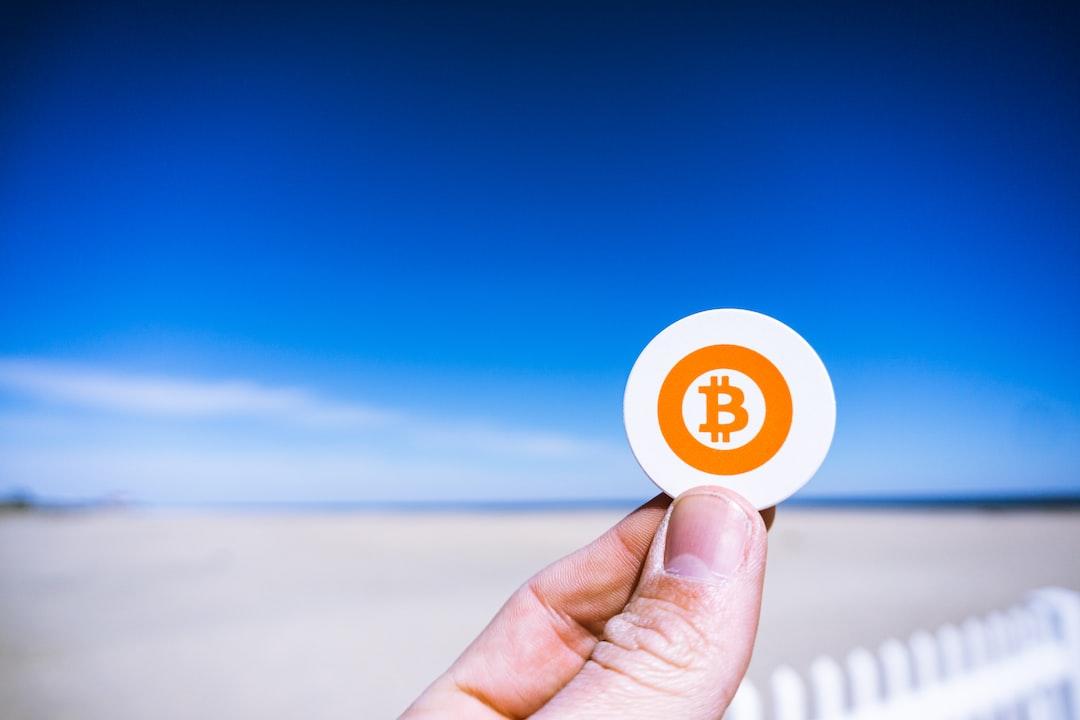Youtuber Louis Rossmann Critiques Internet Service Providers
Dedicated to protecting consumer rights, Youtuber Louis Rossmann uploaded a video three days ago criticizing the various products and services provided by current internet service providers. He claims these offerings are actually collecting user data in private for commercial purposes such as targeted advertising, using the image of “Clippy,” the former virtual assistant from Microsoft Office, as an ironic and symbolic emblem.
Louis Rossmann noted that while Clippy is often seen as annoying, it has no malicious intent, does not collect personal data, and does not push ads based on psychological states. Its sole purpose is to assist users. In contrast, today’s tech giants are under scrutiny; for instance, Facebook has been accused of tracking the behavior of underage users who delete selfies, speculating on their psychological states, and selling this data to cosmetics advertisers. Adobe, meanwhile, requires users to consent to allow the company to use private files to train AI, or else they cannot log into their accounts. A more widespread phenomenon is the subscription model and cloud licensing lock-in, which can lead to users being remotely disabled from using products they have already purchased, forcing them to pay again to regain access.
As a result, Louis Rossmann likened Clippy to the “mask of the Harpy” from “A Song of Ice and Fire.” He urged everyone to replace their public profile pictures on social media and work platforms (like Slack) with Clippy as a way to express dissatisfaction with anti-consumer behavior. The video received nearly 2 million views within three days and quickly gained traction in the community, with many people responding to the campaign advocated by Louis Rossmann.
At the same time, a meme coin themed around this event, “Clippy PFP Cult,” was launched on Solana, with its market cap briefly surpassing 20 million dollars. It is important to emphasize that this meme coin was not issued by Louis Rossmann but was created by anonymous individuals within the community.


